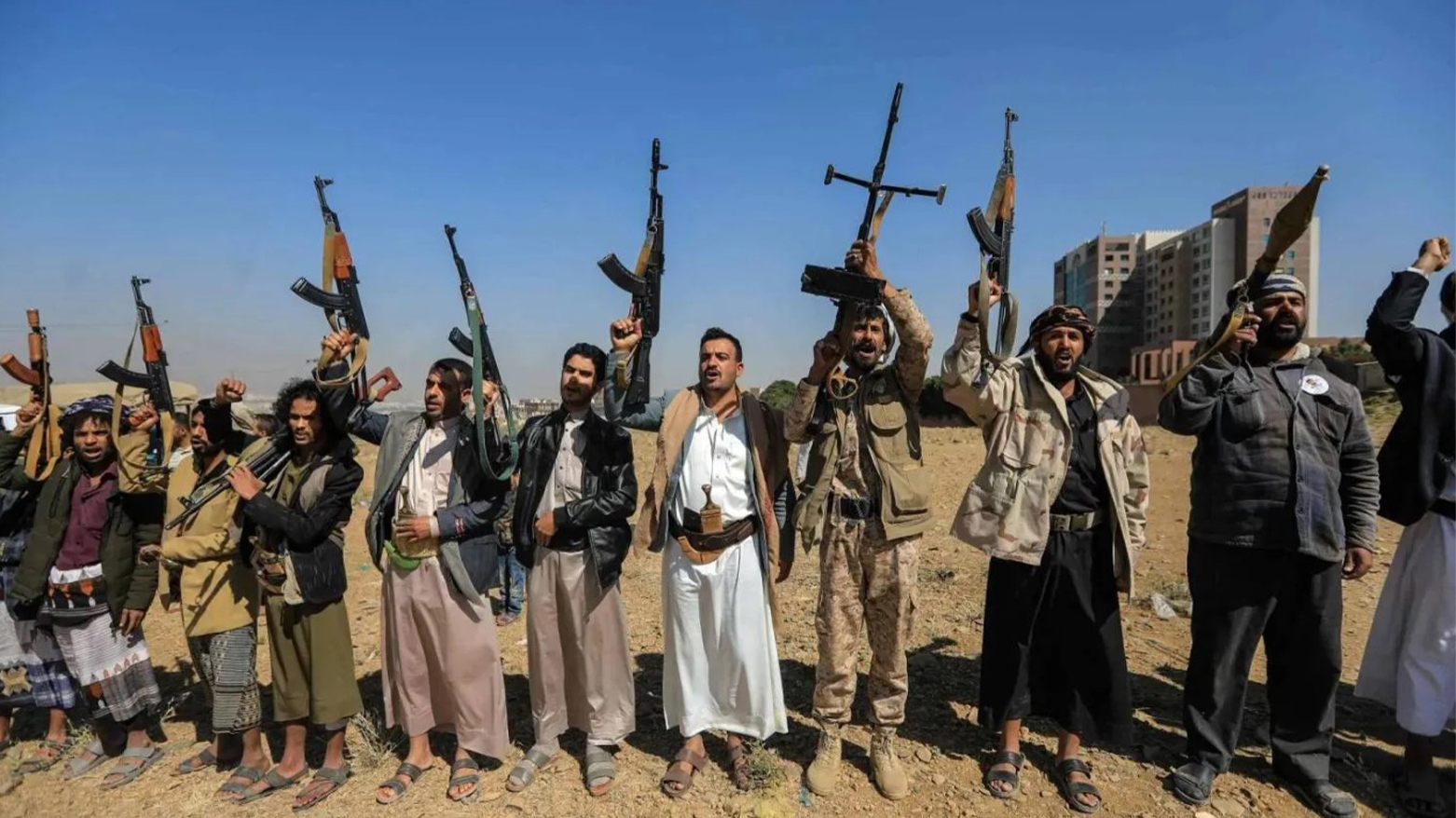Houthis Sentence 17 to Death for Alleged Espionage as Crackdown Intensifies After Israeli Strikes
Houthis sentenced 17 people to death by firing squad on charges of spying for the United States, Israel, and Saudi Arabia, marking one of their largest mass convictions tied to foreign intelligence operations in years.

ERBIL (Kurdistan24) — A Houthi-run court in Yemen’s capital on Saturday sentenced 17 people to death by firing squad on charges of espionage for the United States, Israel, and Saudi Arabia, in one of the group’s largest mass convictions linked to foreign intelligence operations in years.
According to the Sanaa-based Saba news agency, the defendants were accused of operating within “espionage cells” affiliated with American, Israeli, and Saudi intelligence.
The charges included collusion with hostile foreign states during the 2024–2025 period, providing sensitive information to foreign officers — including those from the Israeli Mossad — and assisting in the recruitment of Yemeni citizens for intelligence missions.
A further two individuals — a man and a woman — received 10-year prison sentences, while one defendant was acquitted. Lawyer Abdulbasit Ghazi, who represents several of the accused, said the sentences have been appealed.
Houthi authorities alleged that the group’s activities enabled foreign strikes on military, security, and civilian sites, resulting in dozens of casualties and extensive damage to infrastructure.
The verdicts come at a time of heightened internal repression by the Iran-aligned movement. The Houthis have launched a broad campaign of arrests in recent months, particularly targeting those accused of working with U.S. or Israeli intelligence networks.
The campaign intensified after an August Israeli airstrike killed the Houthi prime minister, Ahmed Ghaleb Nasser al-Rahawi, along with several senior officials — one of the most devastating blows to the group’s leadership in years. Since then, the rebels have stepped up security operations, with hundreds reportedly detained on suspicion of espionage or collaboration.
The group views foreign intelligence infiltration as an existential threat, especially as Israel has repeatedly struck targets in Yemen over the past two years in retaliation for Houthi missile and drone activity against Israeli territory.
While the Houthis insist the trials reflect national security imperatives, human rights organizations and legal experts have repeatedly raised concerns about the judicial system in areas under their control.
Rights groups accuse Houthi courts of relying on forced confessions, conducting opaque proceedings, allowing limited access to defense lawyers, and issuing politically motivated verdicts under the guise of security enforcement.
Former detainees and activists have described systematic torture, prolonged solitary confinement, and widespread intimidation of families.
A recent investigative report detailed how Houthi authorities operate networks of secret prisons, enforce ideological indoctrination, and divert humanitarian aid — reinforcing international concern about due process and governance practices in the rebel-held north.
Saturday’s rulings — reportedly delivered after a rapid series of court sessions — are expected to intensify those concerns and could prompt renewed scrutiny from UN bodies and Western governments.
The mass death sentences also underline the rapidly evolving intelligence contest in Yemen. The Houthis’ growing involvement in regional conflicts — including attacks on Israel and maritime operations in the Red Sea — has made them a more prominent target for U.S. and Israeli intelligence services.
Their alignment with Iran continues to shape the battlefield. Tehran’s strategic partnerships with the Houthis have enabled the group to significantly expand its weapons capabilities, from ballistic missiles to long-range drones capable of reaching targets beyond Yemen’s borders.
For the Houthis, claims of foreign infiltration bolster internal cohesion, justify counterintelligence purges, and reinforce their narrative of resistance against a Western-Israeli-Saudi axis.
At the same time, foreign pressure — particularly via targeted strikes — pushes the group toward more authoritarian controls over political, security, and social life in the territories they govern.
The mass death sentences are likely to deepen Yemen’s internal fragmentation and add new obstacles to any future peace process. They also risk provoking retaliatory actions — whether through Israeli airstrikes or expanded intelligence operations — and may further destabilize a country already struggling under nearly a decade of war.
For Yemeni civilians, the episode highlights a grim reality: political conflict, foreign intervention, and authoritarian repression are converging into a cycle that continues to erode protections and accelerate human suffering.